The dictionary meaning of hoover is: suck something up with (or as if with) a vacuum cleaner. Typically, it refers to sucking the dirt and grime into the vacuum cleaner, but in the context of covert narcissist hoovering, it means a person’s capacity to suck you off all kinds of emotions, self-esteem and self-confidence, leaving you drained and empty and riddled with self-doubt.
A covert narcissist does not advertise his inflated ego but can use his victim as an object to meet his physical and psychological needs, which can make it harder to spot and identify their problematic behavior patterns. In other words, they carry within the classic, dangerous narcissistic tendencies, however, it takes longer to spot and identify these since they are neatly camouflaged by a seemingly perfect exterior.
Psychologists identify hoovering as an abusive tactic by which a person returns to your life after a long period with the intention of throwing it off track over and over again. So a covert narcissist hoovering can be detrimental to the victim’s mental and physical health. Protecting yourself against these hoovering techniques can be tricky because the victims are often not in a position to identify the red flags for what they are.
To help you navigate this all-consuming maze and emerge on the other side as well preserved as possible, we decode hoovering narcissist signs, techniques of hoovering and ways to deal with it, in consultations with psychotherapist Gopa Khan (Masters in Counseling Psychology, M.Ed), who specializes in marriage & family counseling.
What Is Covert Narcissist Abuse?
Table of Contents
Let’s talk about a scenario where Ray fell madly in love with Agnes on their very first date. Smart but not arrogant, sweet but not sugary, Agnes had a simplicity and normalcy that attracted Ray like a magnet. Within months, they had moved in together but then Agnes changed.
Overnight, she became a control freak who would check his phone, go through his messages, his emails, keep a track of where he was going all the time and would get extremely upset if he decided to hang out with the guys from work at the bar.

Gradually Ray became so paranoid about Agnes’ temper tantrums that he started cutting off all social contact. He had no idea how to deal with his control-freak partner. Before he even knew he was completely in Agnes’ control and she always said, “This is the love I always wanted.”
What happened with Ray and Agnes is not atypical in relationships involving narcissists. “Identifying a covert narcissist is tough. Even those who have lived with someone with a narcissistic personality may also get confused and struggle to identify what exactly they’re dealing with. One of the reasons behind this is inconsistent behavior patterns. They may go through extreme mood swings, ranging from a depressive state to manic highs.
“The same is true of the way they treat their partners in relationships. As long as the partner is prepared to make their own needs invisible to accommodate that of a narcissist, the relationship can seem blissful. However, the minute they want to claim even a portion of the relationship, trouble brews in paradise. This can range from manipulation to emotional abuse, and sometimes, even physical abuse and violence,” says Gopa.
In short, covert narcissists have a great capacity to project a totally different personality till you are in their control. Then they want the entire relationship on their terms and anything short of that is considered unacceptable. While it may be hard, it’s not impossible to identify a covert narcissist and their hoovering techniques. Gopa points out, “One of the biggest signs of the covert narcissistic personality is that they have no sense of empathy. A classic example of this is when a partner hits the other, and then finds a way to blame the victim for the domestic violence using statements like ‘look what you made me do’.”
Healthy relationship boundaries are not their thing. They use different techniques at different times to keep their victims under control and this has a terrible impact on the victim. “Narcissists don’t understand relationship boundaries and are irked by them, but only when these boundaries are set by their partners. When it comes to setting boundaries for themselves, they know full well where to draw a line in the sand.
“Being extremely sensitive, insecure, demanding excessive attention and an exaggerated sense of self-importance are some of the tell-tale signs of a narcissistic personality, covert or otherwise,” she adds. If you suspect someone is draining you out with constant hoovering, paying attention to these trademark personality traits can give you clarity about what you’re dealing with. And by the way, a covert narcissist can be your partner, your sibling, your best friend or even a parent.
Coming back to Ray. He started developing sleep disorders, would have panic attacks and his extrovert, happy personality underwent a complete change. That’s when he decided to take things into his own hands. He took a transfer and moved out of the city, cutting off all contact with Agnes. Ray finally realized that he was being abused by a covert narcissist. So he mustered the courage to call it quits.
Bestselling author of the book Becoming The Narcissist’s Nightmare: How To Devalue The Narcissist, Shahida Arabi writes, “What is really baffling is the addiction we form with our narcissistic abusers, created by biochemical bonds and trauma bonds that are also unlike any other relationship we experience.”
Related Reading: 5 Signs Of Emotional Abuse You Should Watch Out For Warns Therapist
Covert Narcissist Hoovering Tactics
Now we come to the real thing. For most people involved in a relationship with a covert narcissist, it does not really end. There is always a possibility of the narcissist coming back to their life because they cannot let go of that control in the relationship. And as time passes the memories of the abuse could fade to some extent and that’s when victims get caught in a narcissist’s hoovering hellhole.

Shahida has researched extensively and spoken to survivors to write her book. She says, “Narcissistic partners employ numerous stealthy tactics to devalue and manipulate their victims behind closed doors. These partners lack empathy and demonstrate an incredible sense of entitlement and sense of superiority which drives their exploitative behavior in interpersonal relationships.
“Their tactics can include verbal abuse and emotional invalidation, stonewalling, projection, taking control of every aspect of the victim’s life, gaslighting, and triangulation. Due to the narcissistic partner’s “false self,” the charismatic mask he or she projects to society, the victim often feels isolated in this type of abuse and is unlikely to have his or her experiences validated by friends, family and society.”
Just as it happened with Ray. The hoovering tactics can involve dropping texts to exes, apologizing profusely and wanting to build new bridges. Agnes took her covert narcissist hoovering tactics to a new level. She dropped Ray an email saying she was suffering from cancer, had only a few days to live and her last wish was to see him.
Ray should have known he was falling prey to the dangerously abusive manipulative technique of narcissist hoovering after discard. However, the troubles of victims in any emotionally abusive relationship are compounded by the fact that the constant manipulation and gaslighting makes them lose confidence in their own agency, leaving them second-guessing their instincts. Besides, emotional abuse can lead to the creation of trauma bonds that can make it harder for victims to break free from the cyclic nature of highs and lows in the relationship.
That’s why victims tend to fall prey to this emotional blackmailing, even if it is in the form of a narcissist hoovering after no contact. Ray, without checking if there was any semblance of truth in Agnes’ claims, took the next flight out to her. She did have false medical reports ready, had cut her hair short to show the effects of chemo and it worked. Ray was back in her life, taking care of her, feeling terribly guilty for leaving in the first place. Agnes must have been smiling in the mirror thinking of how her hoovering tactics worked wonders.
Related Reading: 7 Reasons Why Narcissists Can’t Maintain Intimate Relationships
8 Signs Of Covert Narcissist Hoovering
Narcissist hoovering after a breakup is not unusual. However, to understand that that’s what your ex trying to get back together means, you need to identify how a narcissist’s behavior escalates from initial days to wooing you to all-consuming hoovering to win you all over again.
“Typically we see such personalities in an abusive relationship. It starts with the honeymoon or love bombing phase, where the covert narcissist “grooms” a person to be their future victim. I tell clients to beware of being “swept off their feet” in a romantic connection; that’s a red flag. Then comes the second phase of “walking on eggshells”, not knowing when spouse/partner will lash back.
“This is when gaslighting, emotional abuse, etc starts. They start devaluing you, strip your self-esteem and confidence away. Then, comes the third phase, or the “explosive stage”, where the person either discards you or you choose to leave the relationship. This is a dangerous phase as the narcissist will not want to lose control over you and that’s when they start hoovering, giving you guilt trips, and trying every ploy in their book to suck you back into the relationship,” says Gopa.
The most important thing for a hoovering narcissist is getting a reaction out of you and then derailing your life. What happens when a narcissist tries to hoover you and you don’t respond? Well, since by not responding you’re taking away the power and control they thrive on, this can invoke strong reactions ranging from harassment to stalking and rage. The first step to protect yourself from it is to recognize the signs of covert narcissist hoovering:
1. They always get back in touch
Many exes try to get back in touch, siblings, friends or coworkers you have fallen out with may also try to patch things up, so then, how is it different when it’s a narcissist? Gopa says, “A narcissist hoovering after discard or a breakup does so solely with an intent to be in control and be controlling. Their attempts to revive a connection are driven by the need to always win arguments, be prioritized and be the center of attention.”
They could also begin hoovering when they need to fuel their inherent inflated sense of self-importance. For instance, you may notice that they send you flowers just before Valentine’s Day or text you days ahead of an important occasion like their birthday, so that they can go out with you and not feel lonely.
Reese was not in touch with her narcissist sister for 4 long years and then she texted her just before her birthday. Reese knew her sister too well since she had always thrown her sister’s extravagant birthday parties. The text came just a week before her birthday. Reese just deleted it.
If you can look through a narcissist’s hoovering techniques, then you can save yourself from a lot of emotional blackmail, manipulation and drama.
2. They give you guilt trips
Another tell-tale technique of a narcissist hoovering after discard or the end of a relationship is guilt trips. “They make you feel responsible for them and leave you feeling guilty for their circumstance,” says Gopa. However, if you fall for it and offer an apology, you are opening yourself up to a fresh cycle of love bombing and walking on eggshells before reaching the explosive stage and hoovering all over again.

In moments like these, it’s important to remember that you’re not responsible for another person’s well-being. They’re an adult, who is perfectly capable of making their own choices and handling the consequences of those choices. Focus on self-preservation and don’t let the empath in you run to their rescue.
3. Talking about self-harm
Gopa says that another common behavior associated with hoovering technique is talking about self-harm. A narcissist hoovering after a breakup may talk about ill health, about how they’ve become depressed after you left, or may even go to the extent of claiming they’d hurt themselves or end their life.
Covert narcissists hoovering techniques include everything that would show them to be completely vulnerable and you would react to their situation. This was the technique Agnes used so successfully with Ray. They may drunk text you saying they cannot find their way home, they could tell you they have been in an accident and call you frantically for help saying they are being tailed by an unknown assailant.
What would you do? Jump and run to their rescue? Think again, ask a few more questions and then you will get clarity on how the covert narcissist is using hoovering techniques on you.
4. Gaslighting is a classic narcissist hoovering technique
Gaslighting is a potent tool in a narcissist’s playbook and they use it at every stage to gain, maintain and regain control over their victim. “Gaslighting and denying one’s reality are an integral part of narcissist hoovering techniques. By making you second guess what you believe to be true and riddling you with self-doubt, they make it easier to find their way back into your life,” says Gopa.
For instance, if it’s the case of a narcissist hoovering after no contact, they may use all the time that has passed in the interim to their advantage and try to alter or fabricate the facts about what caused the relationship to end. Sarah had broken up with her boyfriend, Joel, who displayed classic narcissistic personality traits. Six months later, he tried to reconnect by leaving her a message on Facebook messenger.
When Sarah told him she wanted nothing to do with him because of the way he had abandoned her an unplanned pregnancy came to light, Joel feigned surprise and claimed he knew nothing about it. Instead, he was the one lashing out at her for keeping such big news from him and making a decision about not having the baby unilaterally.
5. Being manipulative
Covert narcissists know how to hoover with manipulation. They are master manipulators, and there is no way out. You wouldn’t even know how much they know you inside out and how much they could manipulate you to get you back in their control.
Narcissists often recruit flying monkeys, a psychological term used for people whom they meet after a breakup and convince them that how horrible their ex was and then they could manipulate and use them to hoover for them. These new people will be compassionate toward the narcissist and will try to help him in every way. They wouldn’t even know what they are up for.
Sophia was always the golden goose for her mother. From the day she had started working she was buying her everything she wanted. At 30, Sophia finally realized what her mother was doing and she moved out. But her mother knew Sophia too well and she kept using her manipulative techniques on her till she was back in the same house.
An oft-repeated phrase used by her mother was, “How could a girl like you not fulfill her duties toward her parents and stay away from home?” Her mom had a flying monkey who would call up Sophia every day and urge her to return. It was her mom’s new neighbor.
6. Creating drama
If there is something narcissists are good at that is drama. They could cut their veins and stand in the storm and write on the wall or sink into a pool of tears to prove a point. Vincent stood in front of Zina’s house for two days in the rain till she asked him to come inside. Now it’s Zina who often gets kicked out of the house by Vincent when he is in a fit of rage.
A hoovering narcissist can land up at your workplace and create a scene and you can be marked off by your colleagues as a person who has no heart. They could try to take your parents on their side, keep going to their place doing their chores and errands so that your parents would end up being a flying monkey for them. These are some of the indirect techniques of hoovering.
“To the outside world, they can seem like the perfect partner anyone could’ve asked for. It’s easy for them to paint this picture because narcissists are, typically, overachievers in every walk of life with charming personalities. However, within the relationship, they thrive on putting their partners down,” says Gopa.
The drama usually is the outcome of a narcissist not having their way. How does a narcissist feel when you ignore their hoover attempts? They feel powerless, and that is something they cannot put up with. To remedy the situation, they are prepared to go to the lengths of the earth if it means regaining control over the person they’re hoovering.
Related Reading: He would abuse and then apologise – I got trapped into this vicious cycle
7. Passive-aggressive behavior
What happens when a narcissist tries to hoover you and you don’t respond? One common scenario, according to Gopa, is resorting to passive-aggressive behavior. A lack of response from your end may stir up a lot of negative emotions in a narcissist, but in the hoovering stage, they may hold back from lashing out or expressing their disapproval openly.
Instead, they may resort to classic passive-aggressive techniques like sarcasm, sulking, and negging to get inside your head and leave you unsettled. They may target your vulnerabilities or blame you unreasonably for things that weren’t your fault, to begin with just to extract a reaction from you.
This is their way of getting their foot in the door. Once they succeed in that, they can easily regain control of your life. This is a classic narcissist hoovering technique that you need to be wary of.

8. Being verbally, emotionally or physically abusive
Narcissists are wired to be pushy. They always want their way and cannot take no for an answer, even if it means annihilating and overstepping the boundaries you may have set to distance yourself from them. These tendencies become far more pronounced in a narcissist hoovering after discard.
“Since there is an inherent sense of insecurity in them, they perceive every act that doesn’t align with what they think is right as criticism, as a slight, as a denouncement of themselves. This is often hard for them to handle and can often result in not just verbal or emotional but also physical abuse of their victims,” says Gopa.
That’s why self-preservation should remain your primary focus when handling a covert narcissist hoovering. If you fall for their charm, tricks or mind games, you will find yourself going down the same rabbit hole where your entire existence revolves around placating their exaggerated sense of self.
How to respond to a narcissist’s hoovering
The first thing that a person should do is reject all hoovering attempts. It’s important to stay strong and never relent. Gopa advises these tips to deal with a covert narcissist hoovering:
- Set boundaries: They will walk all over you if you let them. That’s why setting boundaries is a must when dealing with a narcissist hoovering. Be firm and don’t back down under pressure from them
- Make it about them: A narcissist’s entire persona is built around “I, Me, Myself”. They’re incapable of even considering someone else’s desires, wishes and well-being, let alone putting them first. So, a smart way to counter their hoovering techniques is make it seem like backing off will be to their benefit. If you make it about them, at least they will be open to hearing you out
- Communicate tactfully: Once you have a narcissist’s attention, it’s imperative to communicate tactfully to find a middle ground, and then state your terms and conditions clearly, unambiguously. It’s important to let them know that you’re not going to cower down to make them give up on the idea of having you under their thumb
- Create a distance: You must create a distance from them, emotionally and physically. Sever all sentimental ties with the hoovering narcissist. This is the most important thing to do otherwise you would be caught off guard. Block the narcissist on phone, email, social media and remove yourself from their physical proximity
- Seek help: Being aware of the signs of hoovering can help you to some extent. However, the consistent and unrelenting emotional abuse and manipulation that you’re subjected to in such a relationship can often impair your objectivity, making you more susceptible to falling for a narcissist’s hoovering techniques. In such situations, going into therapy can be extremely helpful to break the trauma bonds, heal and move on
Trust us, it is not worth it giving in to hoovering. You have to hold your own. However, it is often easier said than done. Emotional abuse can alter your sense of reality and gravely damage your self-esteem. Victims of narcissistic abuse benefit greatly from counseling and therapy. It’s not a battle you have to fight along. Reach out to licensed and experienced counselors on Bonobology’s panel to protect yourself from narcissist hoovering.
FAQs
A narcissist hoovers with the purpose of derailing your life. Even if you don’t go back to them if they see you emotionally distraught their job is done. They feel powerful enough. They can be quite relentless but being impatient beings they cannot continue for very long if they see they are not making any kind of headway.
Yes, when they see that they are not getting any kind of success and no lies, emotional drama, manipulation tactic is working on you, they move on.
You have to be careful they might try to harm you. If not always physically, they might try to tamper with your reputation or try to manipulate your relationships with your dear ones. They might not give up very easily once they are focused on you.
You can hoover a narcissist when you use similar techniques on them. For instance, when they hoover tell them you have a life-threatening contagious disease and you are glad they can take care of you now. Then see the effect.
Financial abuse: My husband is forcing me to take money from my father
Your contribution does not constitute a charitable donation. It will allow Bonobology to continue bringing you new and up-to-date information in our pursuit of helping anyone in the world to learn how to do anything.






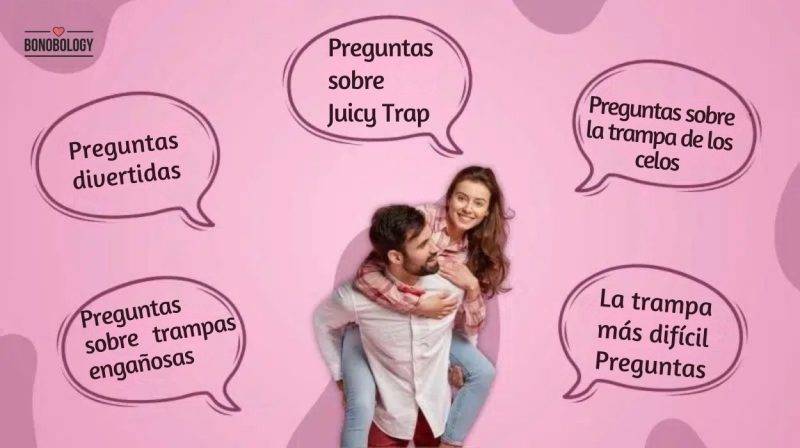
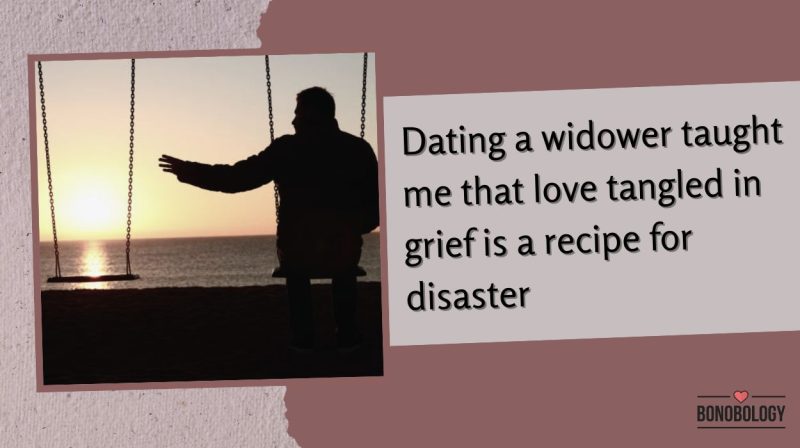

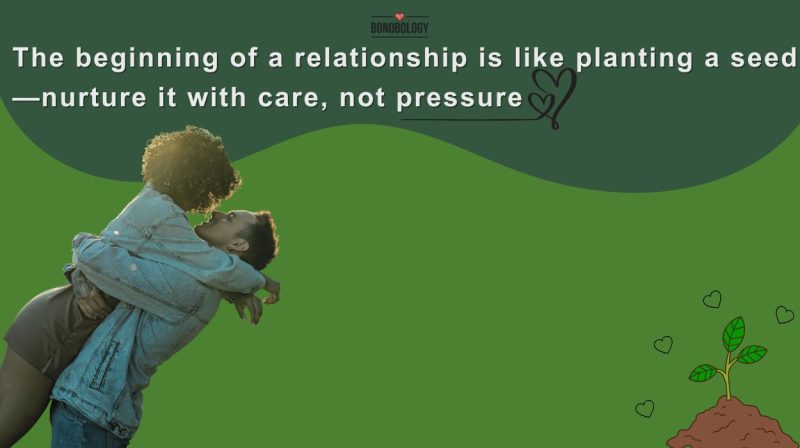
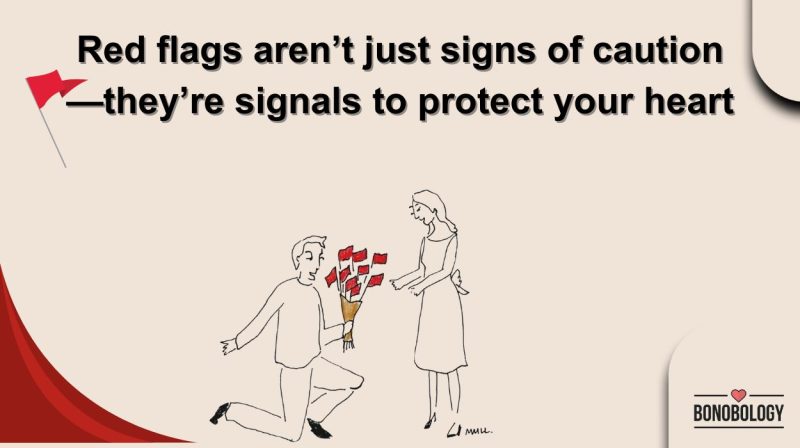






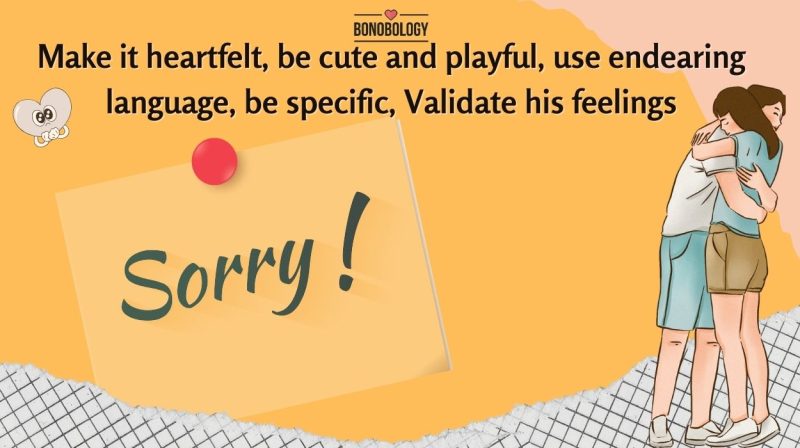




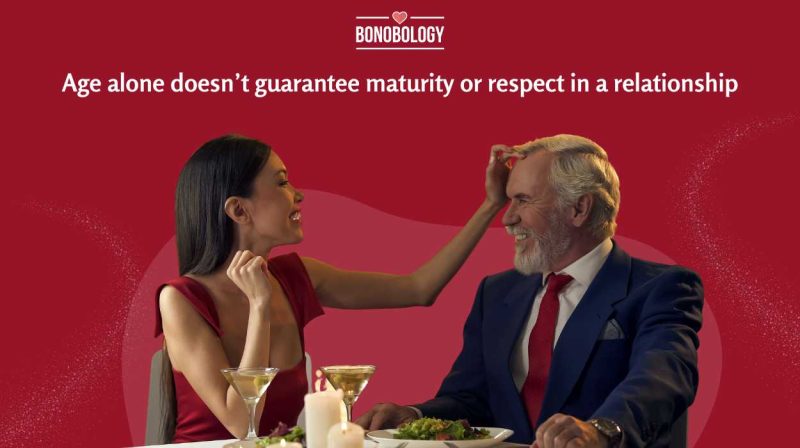
Featured
161 Weird Questions To Ask Your Boyfriend And Get Him Talking
Erkekleri En Çok Tahrik Eden 13 Şey Nelerdir?
Istinto da Eroe negli Uomini: 15 Modi per Attivarlo, con Esempi
75 preguntas trampa para hacerle a tu novia
Why I Will Never Date A Widower Again -A Woman’s Story
How Long Should You Date Before Getting Engaged
Dating Guide: 9 Things To Never Do In The First Month Of Dating
11 Red Flags When Dating A Separated Man | Don’t Ignore These
152 Most Stupid Pickup Lines of All Time | AVOID THESE At All Costs
21 Clear Signs Of Unspoken Attraction Between Two People
How To Compliment A Guy: Tips And Examples
How To Comfort Your Girlfriend: 15 Simple Tips (With Examples)
Your Guide To Getting The Fourth Date Right
15 Delightful Signs The Talking Stage Is Going Well
How To Say Sorry To Your Boyfriend Through Text
My Girlfriend Rejected My Proposal: What Should I Do?
When And How To Ask For A Second Date
How To Get Over Infatuation: 17 Psychological Tricks
How To Talk Intimately With Your Boyfriend Over Text—15 Easy Ways
13 Red Flags When Dating An Older Man | Don’t Ignore These